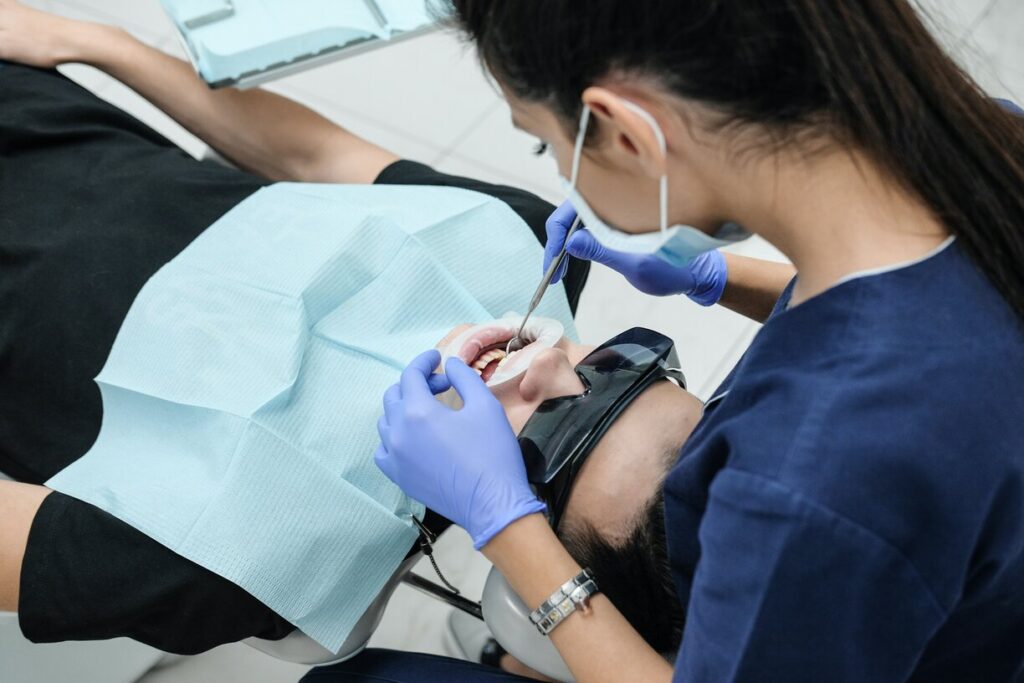Prevention is always better than cure. That’s why dentists will always recommend that you brush and floss your teeth regularly. However, you can take prevention to the next level with the use of dental sealants.
What Are Dental Sealants?
Dental sealants contain a resin that is injected into the grooves on the chewing surfaces of teeth. It is then cured by ultraviolet light to form a strong, tough, flexible coating that is almost invisible to the eye.
The sealants prevent cavities from forming in the grooves of the teeth and prevent tooth decay by sealing off the grooves that cause tooth decay. This is done by plugging the grooves between teeth and the grooves on the chewing surfaces of teeth.
The resin is applied to the teeth during regular dental checkups. It is an effective preventive treatment of children and adults, with a very high success rate.
What Are the Benefits of a Dental Sealant?
You’ve probably already guessed that dental sealants are used to prevent cavities. But does that mean that they don’t have any other benefits? Not quite. Here are some of the health benefits:
Prevent tooth decay: sealants are placed on teeth to prevent cavities from forming.
Reduce the risk of tooth infection: unlike fillings, sealants do not have to be removed. They can therefore be a long-term solution for teeth that are prone to cavity infections.
Reduce the risk of tooth loss: because sealants reduce the risk of tooth decay and cavity infections, they prevent the need for root canal therapy and other treatments.
Minimize tooth sensitivity: tooth sensitivity is often caused by decay on the chewing surfaces of teeth. Sealants can prevent tooth decay on chewing surfaces, thereby minimizing tooth sensitivity.
Provide comfort and confidence: sealants not only protect teeth from decay but also make teeth more attractive, which makes your smile look more attractive and feel more comfortable.
Prevent damage to the dentition: sealants can prevent damage to the dentition, which is the whole tooth structure. A damaged dentition can lead to further problems that may require extensive and costly dental work.
Are Dental Sealants Necessary?
The short answer is no. If you practice good oral hygiene and your teeth are in great condition, you don’t have to get dental sealants. However, a dentist may recommend sealants for teeth that are likely to get cavities, such as teeth with fillings, teeth with deep fissures, teeth with grooves, and teeth that are difficult to clean. Your dentist can do a thorough investigation of your teeth and let you know which teeth need sealants and which teeth do not.
Are Dental Sealants Safe?
Sealants are safe because they are made from resin that is similar to the compound found in the enamel of your teeth. The resin used in sealants is also compliant with the Food and Drug Administration (FDA).
A sealant will not affect the ability of teeth to move normally, the ability of the tooth’s pulp to remain vital, or the overall health of the tooth.
Final Thoughts
Dental sealants are a safe and effective preventive treatment for teeth. If you have deep fissures, grooves, or other problems with your teeth, you should consider getting sealants to protect your teeth from decay and other dental problems.
Protect your teeth with the help of the Chelmsford Dental Specialists Group. We are a dentist in Chelmsford, MA that offers a wide range of all-encompassing general dentistry, including crowns, dental implants, teeth whitening, and white fillings. We also offer same-day emergency dentistry services as well as mouthguards for those who play sports. Request an appointment now!




